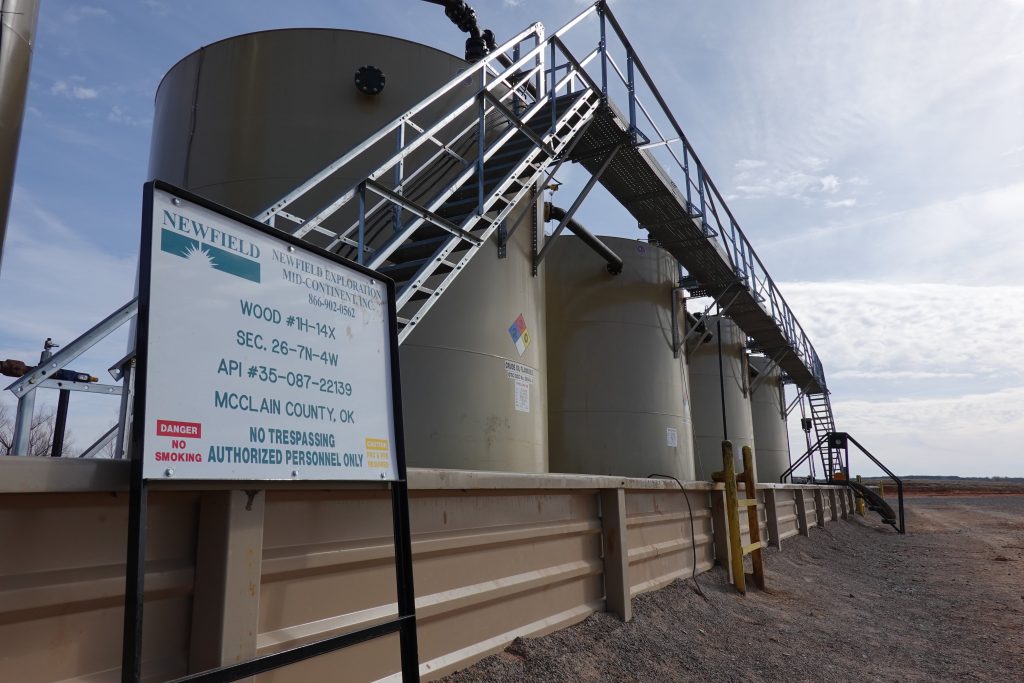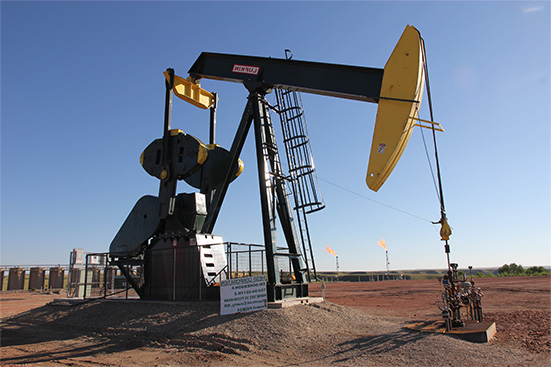
Also referred to as “black gold,” crude oil is considered one of the most precious commodities on a global scale. Changes in its price have the power to affect the economic ecosystem in all aspects, from corporate earnings to family budgets to the country’s gross domestic product. Unexpected spikes or price drops can even send financial markets into a panic.
The price of crude oil varies in response to policy changes, news cycles, and fluctuations in the global markets. What drives oil prices? What causes variations in oil prices, and what can we expect in the future?
Supply
OPEC, or the Organization of Petroleum Exporting Countries, has been a primary authority on the global trading floors. Its member nations work hand in hand to identify prices by reducing or boosting oil production. Its decisions continue to play a dominant role in the price of oil, although its grip on the market has somewhat loosened in recent years. Governments, speculators, oil companies, traders, investors, policymakers, hedgers, and consumers watch OPEC’s every move.
The policies of OPEC are affected by geopolitical developments. There are instances in the past when supply disruptions were triggered by political events. There are some oil-producing countries that are politically unstable, and some have faced sanctions by the United Nations or the U.S. Crude oil supply is also determined by external factors, like exploration and production costs, weather patterns, innovations, and investments.
contact dw energy
Want to learn more about oil & gas investing? Our expert team can provide you with more information or schedule a consultation to talk about diversifying your investment portfolio.

Demand
The demand for oil is boosted by industrial production and strong economic growth. Seasonal changes, personal and commercial transportation, and population growth are also essential factors that affect oil demand. For example, oil is more widely used during the travel seasons – winters and summers – when more fuel is consumed.
Derivatives and Reports
There is an increase in the number of market participants buying and selling oil in the form of contracts. For instance, oil producers and airlines use derivatives such as options and futures, to offset oil price swings. On the other hand, speculators drive oil prices downwards or upwards when there are waves of selling and buying, in an attempt to outperform other investors.
Spare capacity, reports on production figures, investments, and target pricing can all be important factors in determining oil prices. Weekly inventory data from API or the American Petroleum Institute, the U.S. Energy Information Administration, or the International Energy Agency report from OPEC are some of the most keenly-followed information.
Oil remains the engine of the global economy. It is widely used in light and heavy manufacturing and production as well as in every sector of the transportation industry. We can safely predict that big oil-producing nations will successfully weather spikes or dips in oil prices.
If you are a qualified and approved investor looking to maximize the potential benefits of direct participation in oil and gas exploration and production, talk to us today.
Contact dw energy
Sources:
“Black Gold and Extreme Motors,” Maxon Group, https://www.maxongroup.com/medias/sys_master/8802982592542.pdf?mime=application/pdf
OPEC, https://www.opec.org/opec_web/en/
